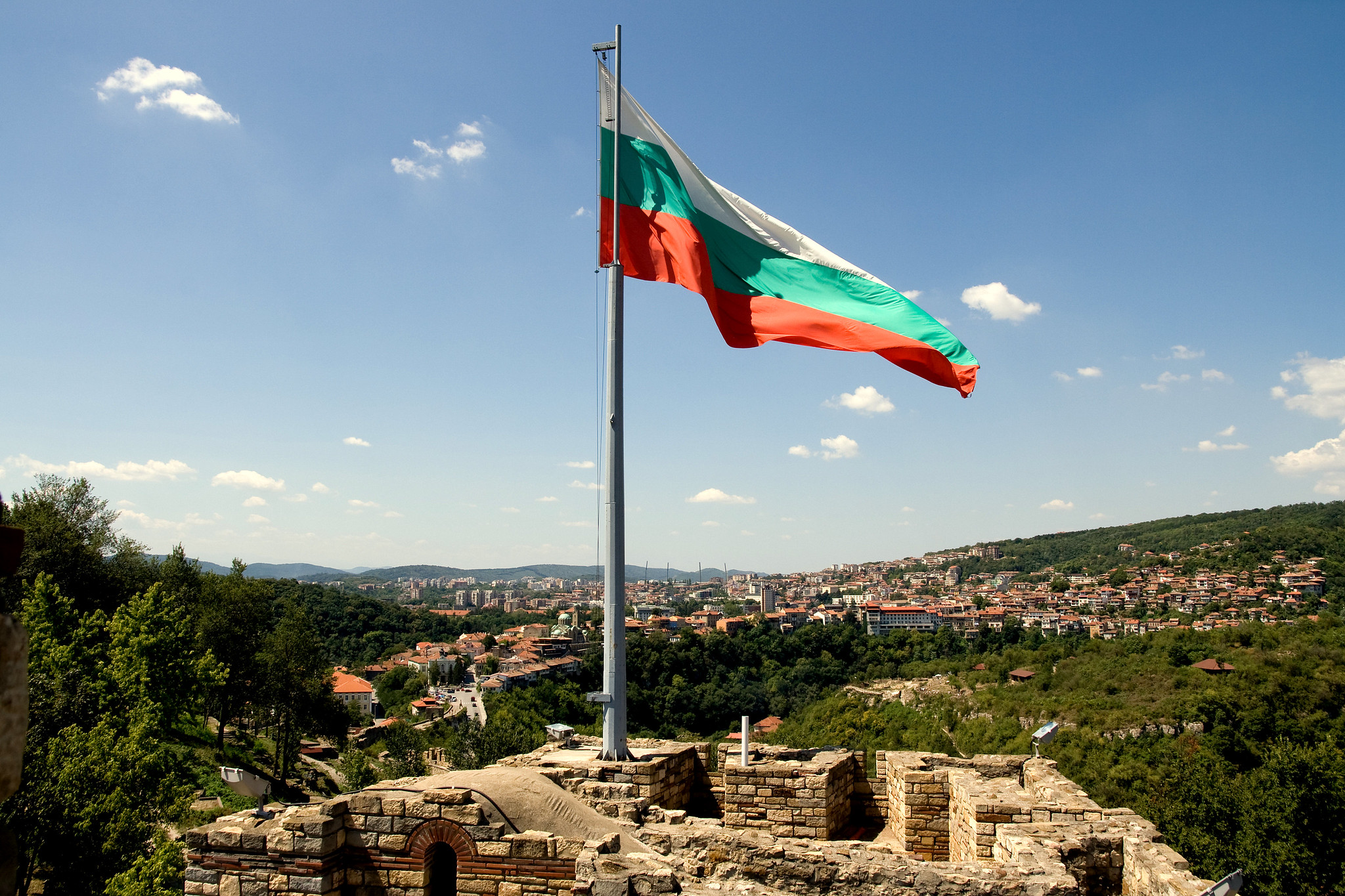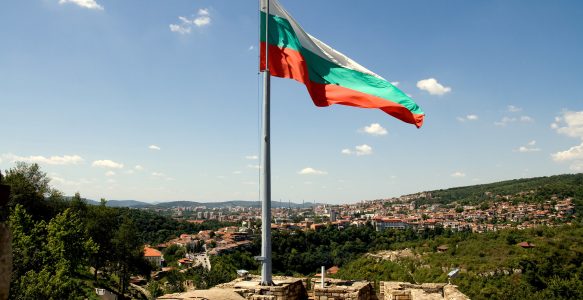The combination of corruption – the worst rating in the European Union – and the COVID-19 Coronavirus pandemic created conditions for Bulgaria to further attempt to stifle independent media. This has made the use of secure digital dropboxes to protect journalists and their sources even more critical.
Like a number of EU countries using their response to COVID-19 as a cover, Bulgaria moved to introduce excessive criminal penalties for alleged “fake news” about the virus. This risked misuse and interference with the media’s ability to inform the public, said the International Press Institute.
To combat that, the Media Development Center (MDC,) in conjunction with Blueprint for Free Speech teamed with the Expanding Anonymous Tipping Technology (EAT) project.
The project was developed by civil society organizations to address citizen activists who want to report corruption in the top 10 countries with the highest level of corruption in Europe, according to Transparency International’s Corruption Perceptions Index. The project is supported by the European Commission.
“During the coronavirus pandemic, this topic is even more important because there are already concerns about the health systems’ capacity, public procurement, and violations of the law,” MDC Chairwoman Yana Pelovska said.
In an interview with Bulgarian National Radio to present the EAT project and the new EU Directive for protecting those who blow the whistleblow on corruption, she pointed out that legal protection for people who report wrongdoing and risk reprisals had become even more essential.
The EAT Project is designed to provide a way for blowing the whistle against corruption through a guaranteed anonymous and secure mechanism provided by GlobaLeaks. Ultimately the project introduces a novel way to fight corruption and empower civil society.
There are 25 channels available in Bulgaria provided within the EAT project, including hospitals, non-governmental organizations and a flurry of companies who are interested in introducing them, said Pelovska.
In an era of intrusive government surveillance, and companies trying to root out anonymous whistleblowers who can face demotion, being fired or forced to defend themselves at their own cost in court, the secure digital dropboxes through EAT and GlobaLeaks gives people a way to safely contact journalists as well as internal compliance teams inside organisations which want to clean up fraud.
In Bulgaria, a country where Europe’s top human rights commissioner recently warned about a deterioration of media freedom, the government used the state of emergency decree to try to amend the penal code and introduce prison sentences for spreading what it deemed “fake news” about the outbreak – with up to three years in prison or a fine of up to €5,000.
That part of the emergency bill was vetoed by President Rumen Radev but the IMRO – Bulgarian National Movement party, a junior party in the ruling coalition, tried to ram through Parliament a bill that would have given regulatory powers to the country’s Broadcasting Council to suspend websites for distributing “Internet misinformation”.
That would have also criminalized all forms of “false information” spread online, leaving it unclear how that would be determined or if the language was designed to give the government power to suppress unfavorable news, especially over COVID-19.
MEDIA TRAP
“The Bulgarian government is trying to further limit media freedom in Bulgaria by abusing the emergency situation,” Assen Yordanoff, Director of the Bulgarian investigative news platform Bivol.bg, told IPI in April when it was introduced.
“We have concerns that this long-standing trend is aimed at completely silencing free and critical journalism in the country,” he said.
Pelovska said some media, especially those supporting the government of Prime Minister Boyko Borisov, were keen to present only positive stories about the handling of the pandemic.
Criticism was directed against an independent journalist trying to reveal where the money for generous donation made by the tycoon Delyan Peevski to hospitals in the context of COVID-19 crisis had come from, while the daily briefings with the head of the National Crisis Headquarters were suspended.
“There were articles criticizing the government’s response to the pandemic which at some moments were chaotic,” Pelovska said.
“The most independent remain the social media where people are divided in two groups criticizing and supporting,” she added.
Early on, Borisov’s government benefited from a low death rate – 108 as of May 17, 2020. It had broad support for the government’s actions to limit the spread of the coronavirus, she said, but other issues remain where EAT is an essential tool.
However, by the start of December 2020, the situation had changed and a surge in virus infections had flooded the EU country’s hospitals.
The country had the EU’s highest cumulative per capita death rate of 24.1 per 100,000 over the last two weeks of November, 2020. (hyperlink: https://www.reuters.com/article/us-health-coronavirus-bulgaria/bulgarian-doctors-exhausted-as-covid-deaths-hit-record-idUSKBN28A2J9). More than 10% of the medics in the state’s healthcare system had become infected on the job.
In February 2020, the Spanish newspaper El Periodico reported Borisov and other senior officials might be linked to another Bulgarian citizen in Spain suspected of laundering millions of euros through the city, the paper citing police records it had seen. [hyperlink: https://www.elperiodico.com/es/politica/20200221/primer-ministro-bulgaria-mossos-investigacion-blanqueo-7848274]
Borissov denied the report but media reports since 2007 accused him of being tied to mobsters, having tried to squash a tax evasion probe of a brewery, having paid journalists to report favorably on him, and allowing his administration was selling Golden Visas to rich foreign investors without properly vetting them.
The COVID-19 put a crimp in EAT for now, said Pelovska, after initial interest. The pandemic put people in a survival mode, driving down concerns about corruption, whistleblowing and even journalist protection.
“Many of these organizations have suspended the communication regarding the project not because they are not interested in anymore but because all the attention is focused on the coronavirus,” she said.
A mobile app was launched to collect data about the coronavirus but it was on voluntary basis and without any feedback for the users, she said.
Early on when COVID-19 hit and near-panic took hold in the first part of 2020, the Warsaw-based Visegrad Insight, published by the Res Publica Foundation, said the initial COVID-19 emergency legislation in Bulgaria “was complete havoc.”
The first rush included a scheme to give the state the power to centralize cell phone metadata to monitor people during a quarantine and another to suspend the application of the European Convention on Human Rights during the state of emergency. This is the kind of window other governments have used to consolidate power.
When the pandemic winds down, the other problems in Bulgaria won’t go away, making it essential for the media to keep its role as a watchdog in reporting wrongdoing, aided by whistleblowers, she said.
“The legal protection for whistleblowers is an important problem and Bulgaria is one of the states without proper legislation,” noted Pelovska.

